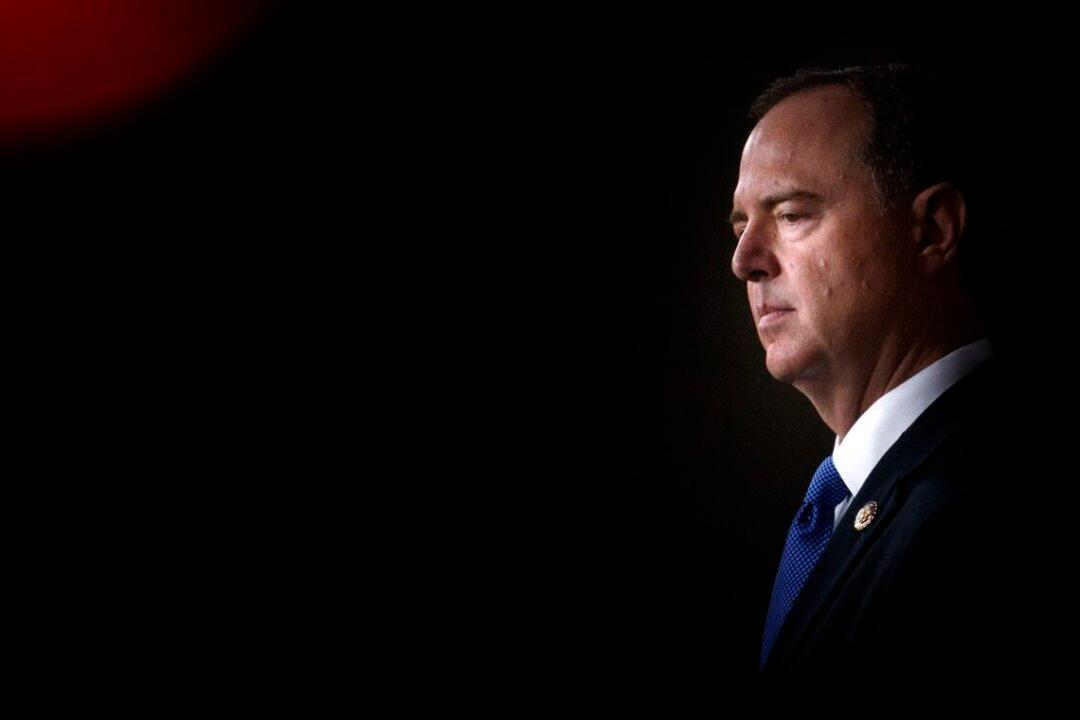An anonymous whistleblower whose complaint prompted an impeachment inquiry misled the Intelligence Community Inspector General (ICIG) about his or her communications with Congress, according to a source familiar with details of the complaint.
The source told The Epoch Times that the whistleblower didn’t check the box on the application that asks to disclose whether he or she has previously communicated the allegations to “Congress or congressional committees.”





